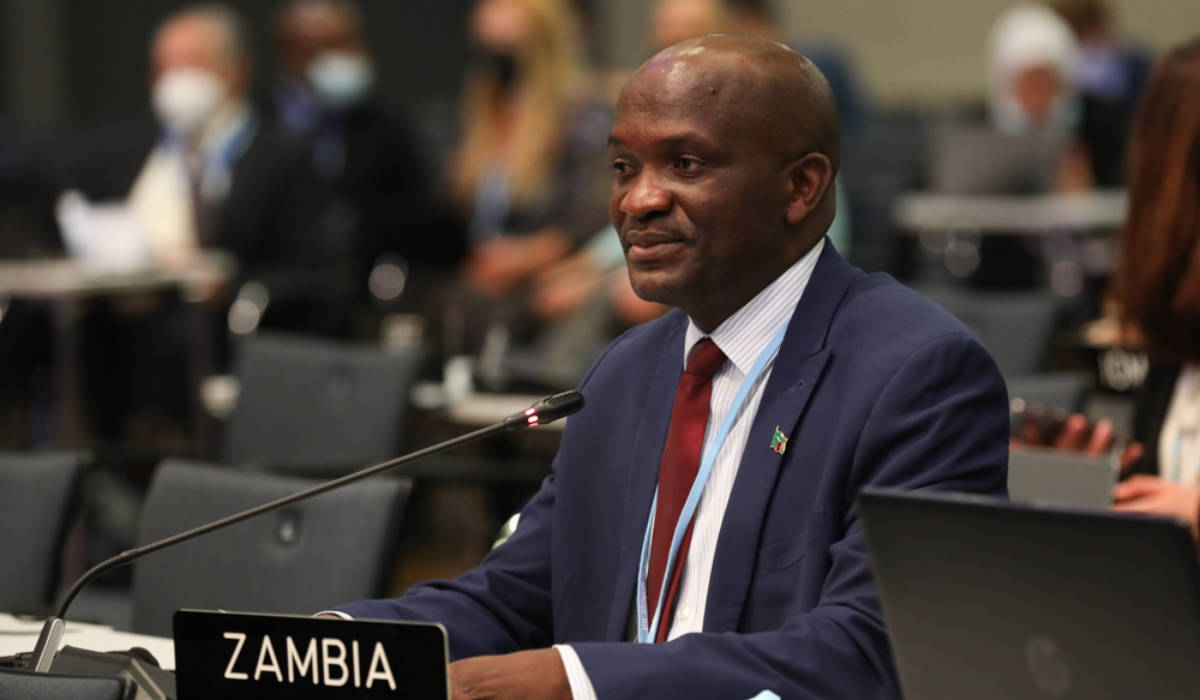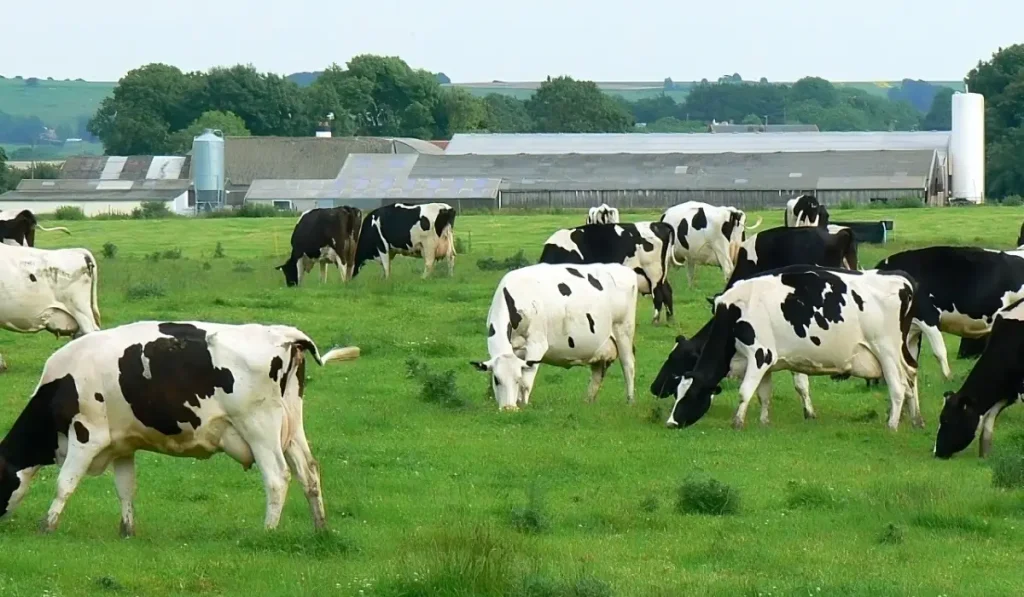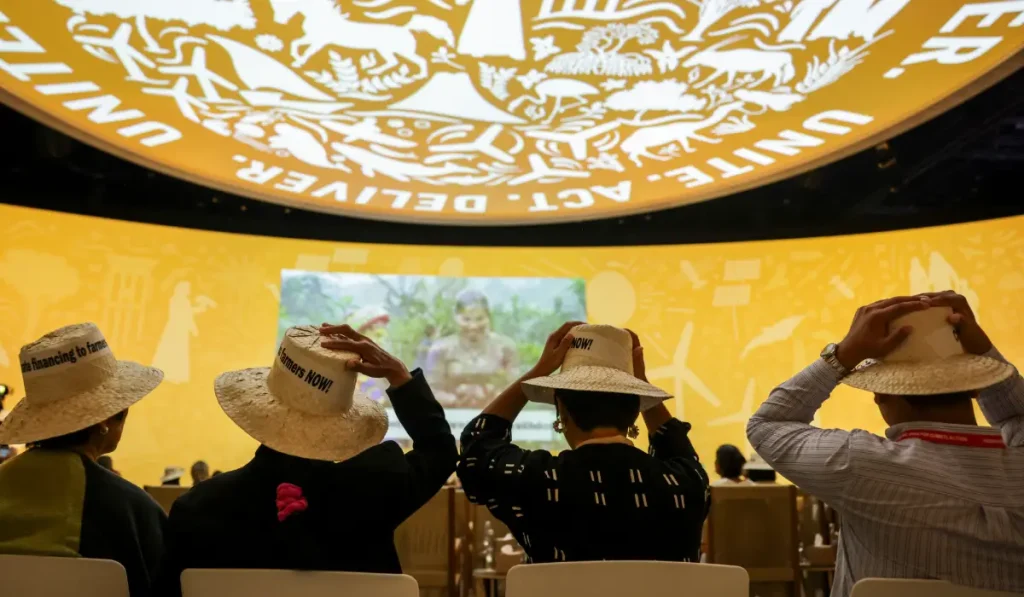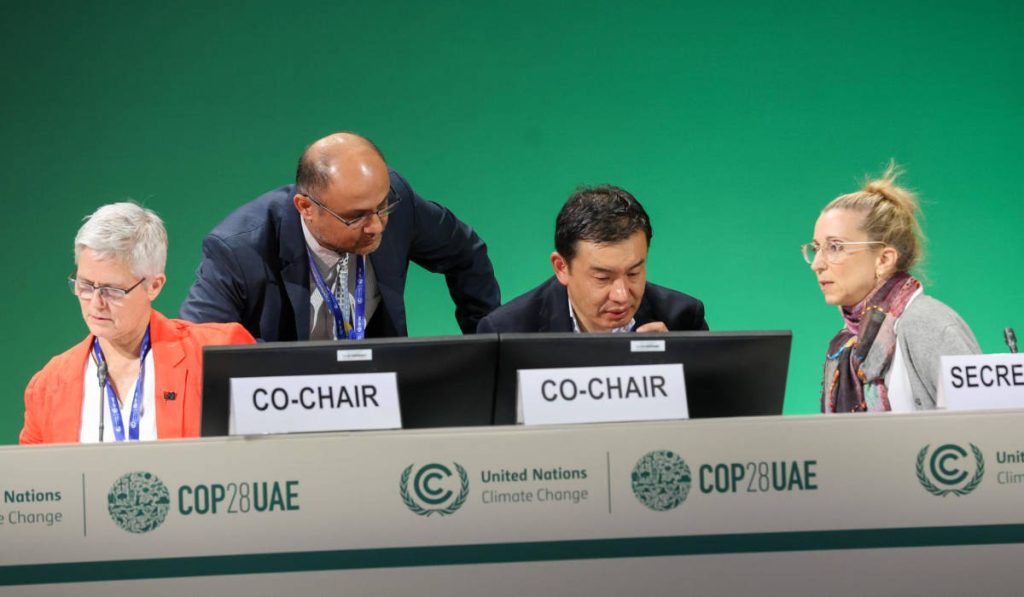One of the focus areas of this year’s COP will be the Global Stocktake, which is a true-up of where Parties are in terms of reaching the goals of the Paris Agreement. It can best be compared to a report-card on collective progress in achieving the goals of the Agreement, focusing on mitigation, adaptation, and means of implementation and support such as finance, and also having a look at issues such as loss and damage and response measures. This year’s stocktake is the first under the Paris Agreement, and its findings are meant to inform subsequent commitments by Parties, in the form of Nationally Determined Contributions, under the Paris Agreement.
On 8 September, the co-facilitators of the Technical Dialogue on the Global Stocktake released a Synthesis Report, based on inputs they’d received and ongoing discussions. The report is contentious not only because it touches on difficult issues across the Paris Agreement, but also because it effectively serves as a summary of progress since the Paris Agreement came into force. Understandably, agreeing on how to frame particular points, where the emphasis should lie, what the main challenges are, what even the goals of the Paris Agreement are, the reasons for lack of progress are core challenges that have bedevilled the process.
The report highlights 17 technical findings from the discussions, making clear that while there has been progress, much more needs to be done. It also makes some quite interesting findings on topics that are still relatively contentious. For example, it finds that Parties are not on track to meet the long term goals of the Paris Agreement of limiting global warming to 1.5°C. In doing so it indirectly affirms that this is the goal of the Paris Agreement, overriding historical debates on whether it was not rather 2°C. Moreover, it finds that achieving net zero, requires “scaling up renewable energy while phasing out all unabated fossil fuels, ending deforestation, reducing non-CO2 emissions, and implementing both supply- and demand-side measures.” The affirmation that fossil fuels require a full phase out not just a phase down, will support those arguing this point during the negotiations, such as the EU. Experts have suggested that the inclusion of this call in a key UN document would have a galvanising effect on the talks. President of COP26, Alok Sharma, has also “welcome[d] the report’s call to scale up renewable energy and phase out unabated fossil fuels”, stating that “these will undoubtedly be key discussion points at Cop28”.
But African representatives were less receptive to the document. The African Group Of Negotiators (AGN) Chair, Ephraim Mwepya Shitima, has raised concerns that the fundamental issues raised by the Group have not been addressed. By way of example, he pointed out that “the right to sustainable development, just transitions, equitable multiple pathways, and fairness are important principles and considerations that unlock needed ambition in developing countries. But the report shields away from addressing them in the right context and in line with the overall objective of the [Stocktake]”. Moreover, the AGN made repeated submissions about the importance of safeguarding the “policy space for developing countries recording the lowest progress towards achieving Sustainable Development Goals (SDGs)”. The Group also wanted to see the document address the lack of finance and technology transfer to enable a just transition, consistent with the need to make financial flows consistent with the goals of the Paris Agreement. Shitima also criticised the report failing to adequately reflect differentiation between country circumstances and their respective capabilities, and the need for adequate and predictable provision of finance for adaptation. The group also feels that the discussion around the global financial architecture could have been better elaborated to include clear recommendations that numerous parties had suggested, including the AGN.
Following from this, Shitima stated “we look forward to discussing the implications of the findings of the technical assessment phase in the next and final phase of [the First Global Stocktake] in an objective and constructive manner to ensure that it serves its purpose and motivates parties and international cooperation to demonstrate progression and enhance climate action and support towards achieving the purpose and global goals of the Paris Agreement.”





